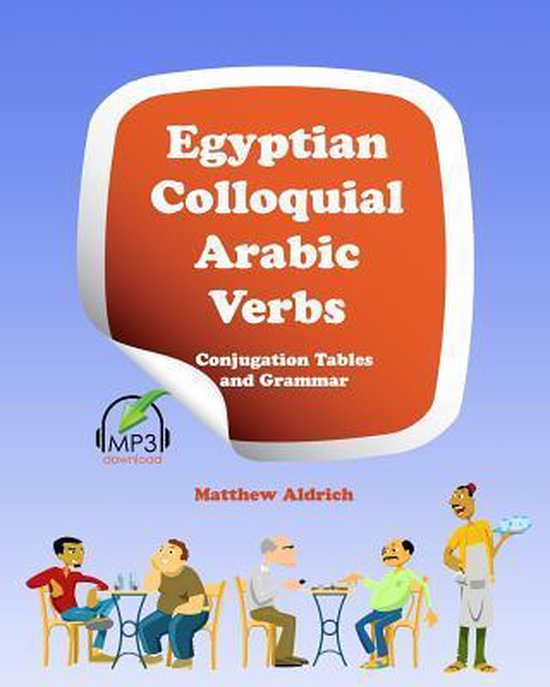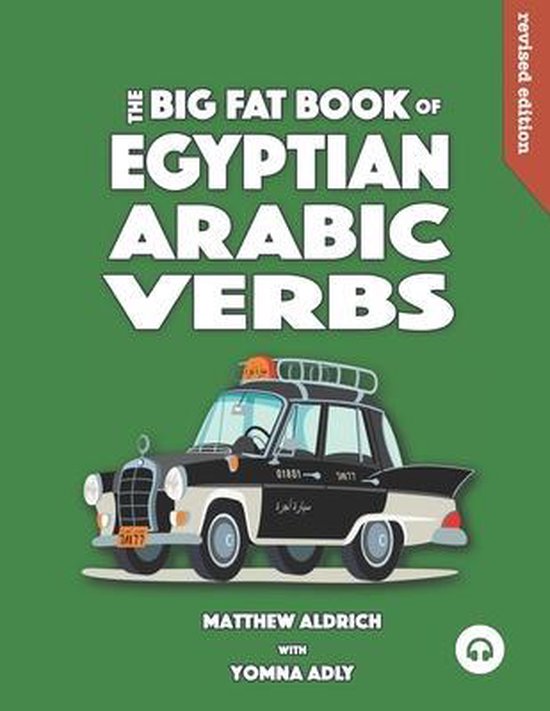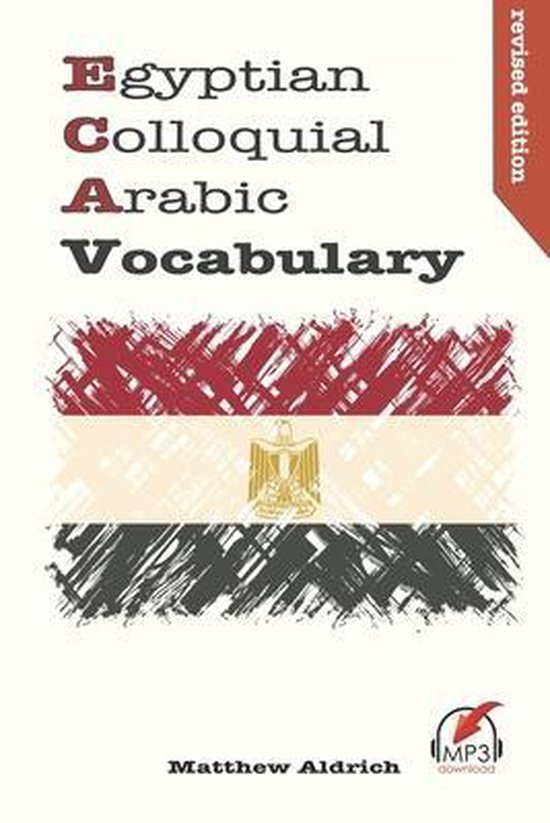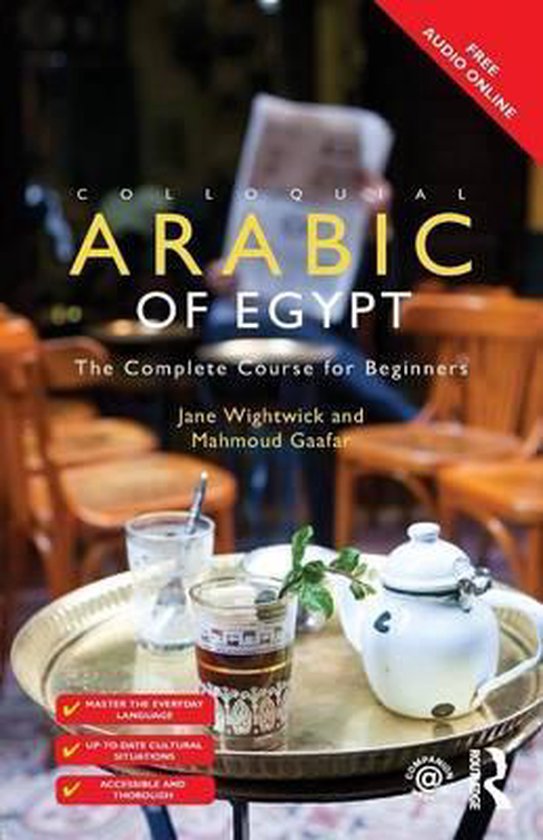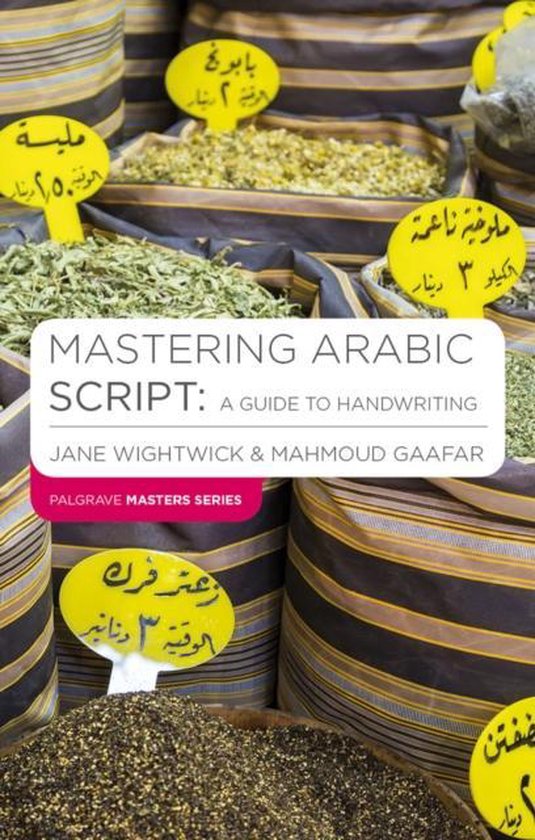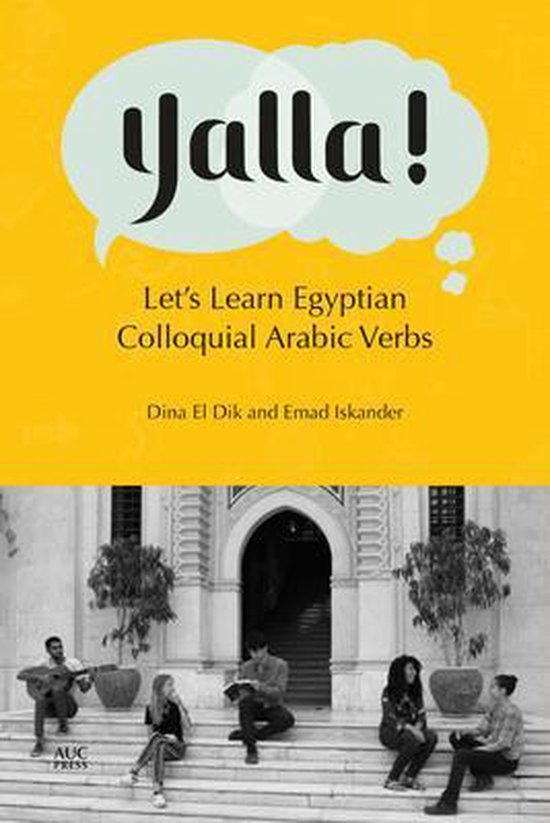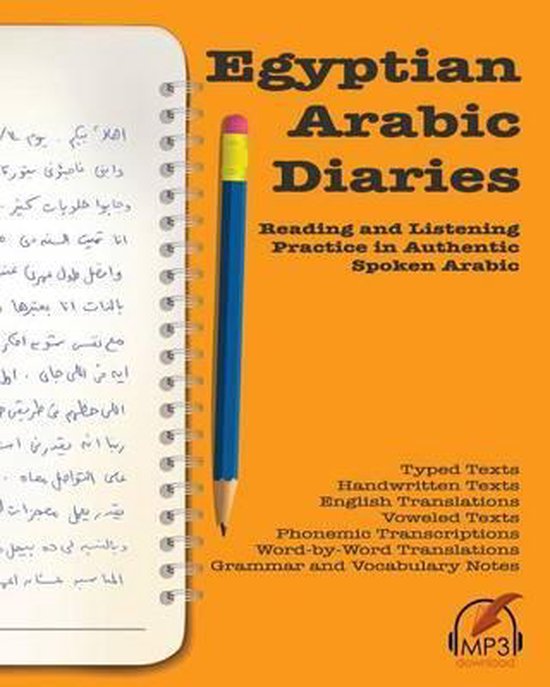
Egyptian Arabic Diaries
The goal of Egyptian Arabic Diaries is to provide intermediate and advanced learners with authentic materials to practice both reading and listening skills in authentic Egyptian Colloquial Arabic (ECA). The twenty texts that appear in this book have been written and recorded by native speakers from around Egypt. The texts have been dubbed "diary entries," although they are actually short personal essays that the contributors have chosen to share with learners of their language.
Each "diary entry" appears in various forms to allow you to study the language from a variety of focal points.
The unvoweled Arabic text provides realistic reading practice. Although ECA has no official rules of orthography, there are spelling conventions which are widely agreed upon by "most" Egyptians. Still, there remain differences in personal preferences, especially when it comes to the spelling of conjugated verbs and function words such as prepositions, conjunctions, and pronouns. Some try to preserve the spelling used in Modern Standard Arabic (MSA) as much as possible, while others prefer to represent the actual sounds of ECA. Many people tend to be inconsistent even in their own spelling, as they are basically sounding things out as they go. To keep all this a bit neater, Lingualism has adopted a consistent orthography based on the most popular spelling conventions.
The English translation stays true to the original Arabic, sentence by sentence, making it easy to find the corresponding translation. The translation can be used to compare similarities and differences between the style and structure of sentences in the two languages.
The handwritten text is an invaluable addition to the materials, allowing you to familiarize yourself with natural Arabic handwriting. You can try your best to decipher the handwritten words, and then compare them to their typed counterparts, progressively improving your ability to read handwriting by various individuals. You can also copy (or trace) traits of the handwritten letters to make your own handwriting more natural.
The voweled text is found in the left-most column of the three-column in-depth study section. Every effort has been made to provide systematic and accurate voweling ("tashkeel"). Keep in mind that Arabic script, as it is written by Egyptians, does not always represent the actual sounds. Vowels may be shortened, elided, or even inserted in places.
The phonemic transcription allows for close study of the actual pronunciation. Even if you prefer the Arabic script, you will find it well worth your time to familiarize yourself with Lingualism's phonemic transcription system. Using the phonemic transcription allows you to better understand the sound patterns in ECA, thereby improving your own pronunciation.
The word-by-word translations act as a glossary. You can easily find the literal meaning of every word without having to search through lists of words. And more than just a glossary, the word-by-word translations give you a better understanding of the grammar and style of Arabic. Try reading these English sentences out loud. They will sound quite strange, but this will help you get used to the logic of Arabic sentences.
Notes are referenced with an asterisk under a column's number and follow the three-column section. These notes highlight interesting points of grammar and vocabulary.
| Auteur | | Matthew Aldrich |
| Taal | | Engels |
| Type | | Paperback |
| Categorie | | Taal |
